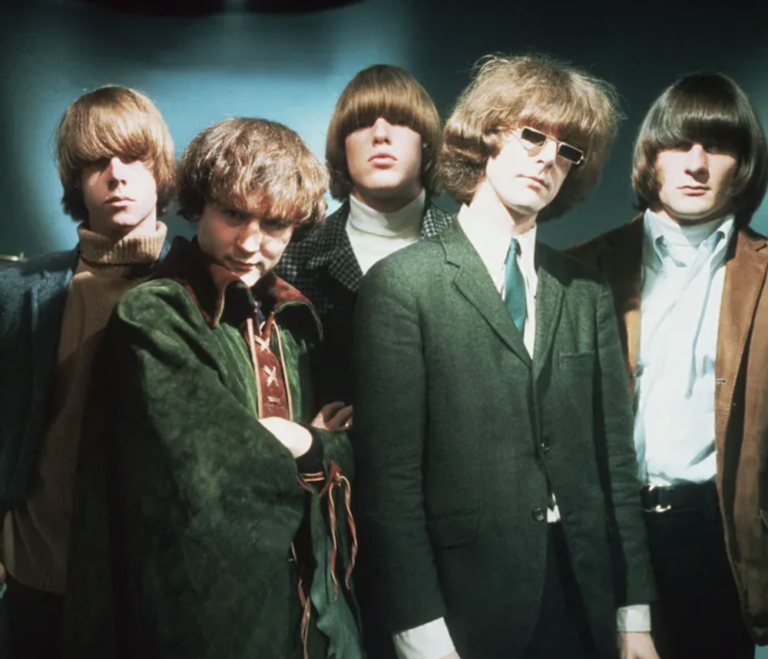

But it is good to be nostalgic, and necessary to find ones rung and so much good was the start of so many better things happening and about to happen. It is too early for that now because the Byrds are still happening and very, very valuable. There will be this big nostalgia binge, and because so many people were part of what happened, and because they were an overwhelming part of a larger renaissance, the Byrds will be revered. Was it really three or four generations ago that The Byrds came along and helped turn the whole pop music scene around? Were they conservative then? Or now? Whatever, their thing was beautiful and heavy and will be as it is. Notes taken from the original analog releaseĭigitally remastered for compact disc by Frank Decker. You want great Dylan covers, remember this title: Lo and Behold!, by forgotten folk-rockers Coulson, Dean, McGuinness, Flint, from the less mythic '70s.(Words from the Book of Ecclesiastes – Adaptationġ0. The Byrds Sing Dylan īack in the mythic '60s, the Byrds got rich off Bob Dylan and made him richer in the bargain: "Mr Tambourine Man" was their first hit and his second, after Peter, Paul & Mary's "Blowin' in the Wind." The Byrds's world-turning folk-rock chime added trippy texture to "All I Really Want to Do" and "My Back Pages," and on 1968's Sweetheart of the Rodeo they deadpanned a definitive "You Ain't Goin' Nowhere." But no one has any need for Roger McGuinn's dull interpretations of "Just Like a Woman" and "Lay Lady Lay." Not for nothing is this man now plying the folk circuit. The original space cowboy deserves a testament, not an olio.

Then pick a few more cuts-"Deportee," "Old Blue," "Child of the Universe"-from Easy Rider and Dr. Let Notorious and Sweetheart stand on their own (though one song apiece is acceptable anyway), leave the anachronistic "He Was a Friend of Mine" in the dustbin of history, and tell Skip Battin to make his own album. Thing is, a good statement could have been constructed. If their first greatest hits was (in Paul Williams's deathless phrase) "an essay into rediscovery," this one's a product into recouping. The Best of the Byrds: Greatest Hits Volume II In sum, better than Farther Along, but if you can only tell arithmetically how much difference can it make? B.
#SONGS BY THE BYRDS PLUS#
Two good white gospel (a fundamentalist and a modernist) plus one good Roger McGuinn song (out of four, and he needed a collaborator) plus one good Skip Battin song (he needed a collaborator too-Kim Fowley). On that downhill road-to Kim Fowley, to songs about Antique Sandy and Precious Kate, to the day when the agent man collects what you owe him. I was, lots of times, and I guess I will be again, but mostly to demonstrate my devotion. The new songs are unworthy except for the anomalous McGuinn showcase "Chestnut Mare," the harmonies are faint or totally absent, and the live performance that comprises half this two-record set. I love them-or do I mean him?-too, but it finally seems to be ending. All the rock dynamics are fading, and what replaces them is thoughtful but not compelling. It improves with listening, especially at high volume, but Roger McGuinn does seem to be returning to his roots, which unfortunately lie deep in commercial folk music. I'm sorry to report that this is the poorest Byrds album.

Never before did concept-master Roger (né Jim) McGuinn efface himself so disastrously on a Byrds album-and never after, either. David Crosby's "Mind Garden" is a completely unlistenable acid meander, while four (three too many) innocuous folk-rock cum countryrock tunes by Chris Hillman are a familiar-sounding example of how an uninteresting self does its number. But this April '67 failure suffers from two related '67 maladies: pretentiousness and self-expression. The Byrds' Greatest Hits, a profit-taking retrospective from later in the year, sounds like a triumph of produced and programmed rock and roll, while The Notorious Byrd Brothers and Sweetheart of the Rodeo, which followed it in '68, are two of the most convincing arguments for artistic freedom ever to come out of American rock.


 0 kommentar(er)
0 kommentar(er)
